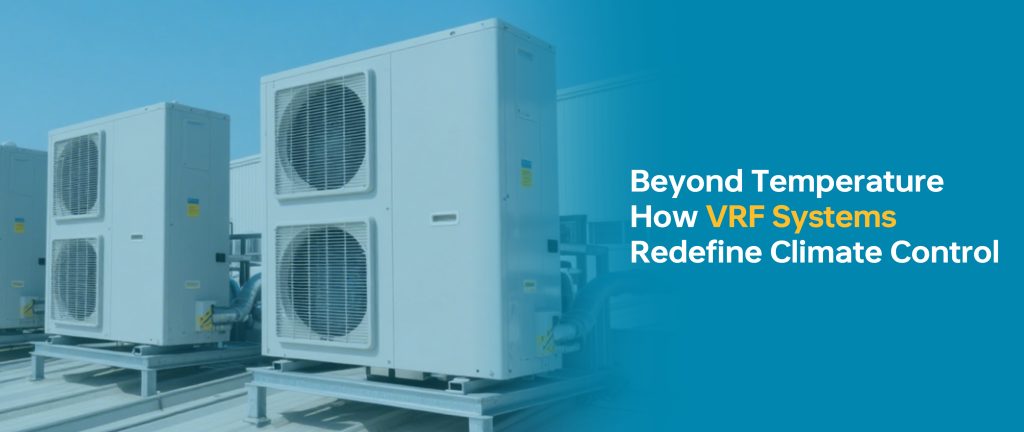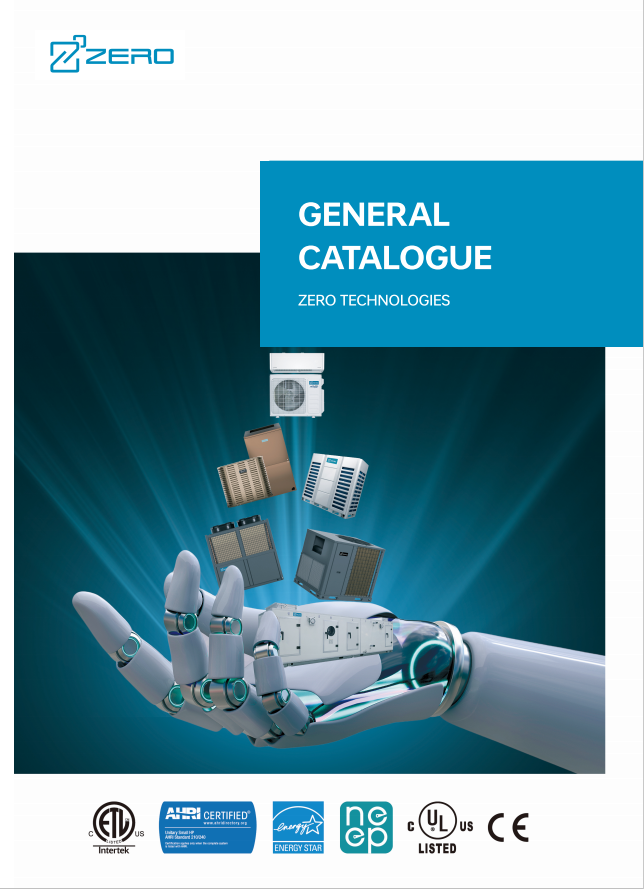If you are planning to buy a new AC but don’t know where to start, let us help you. From type to tonnage, star ratings to features, this air conditioner buying guide has everything you need to consider before you pick up that new AC.
1. How to choose an air conditioner?
Select an air conditioner based on the usage scenario. For living rooms, if the space is not yet renovated, you can opt for a central air conditioning system or a ducted unit; if the room is already renovated, then a floor-standing unit is the only choice. For bedrooms, it is recommended to prioritize wall-mounted units.

2. What horsepower (power) should an air conditioner be?
Wall-mounted units should preferentially be 1.5 HP. The price difference between 1 and 1.5 HP air conditioners is not significant, but the 1 HP model is usually a simplified version of the 1.5 HP unit. In bedrooms, choose 1.5 HP whenever possible, as it offers better performance, reaches the set temperature more quickly, and does not waste electricity. Conversely, smaller horsepower units tend to have higher energy consumption.
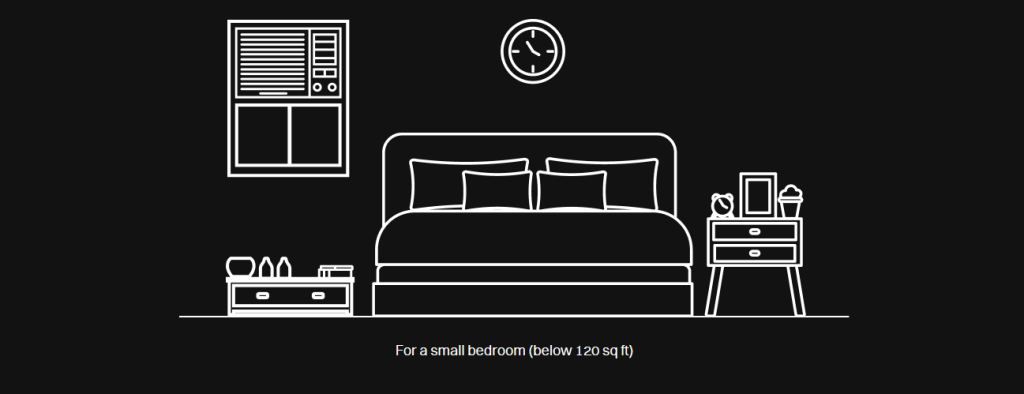
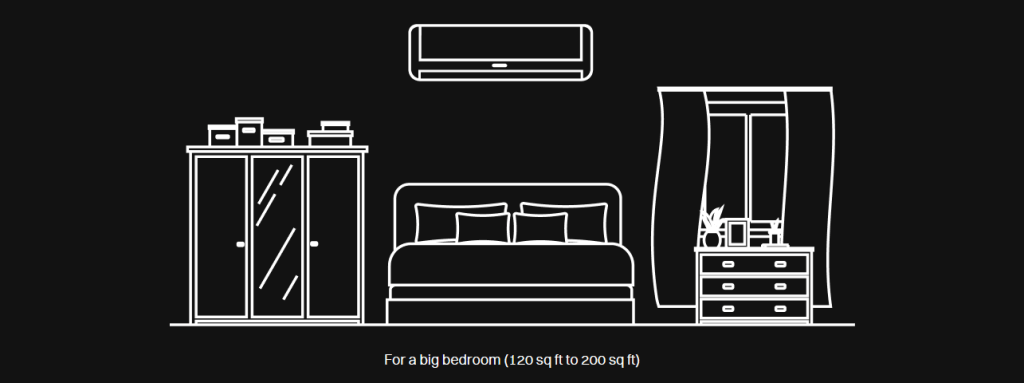
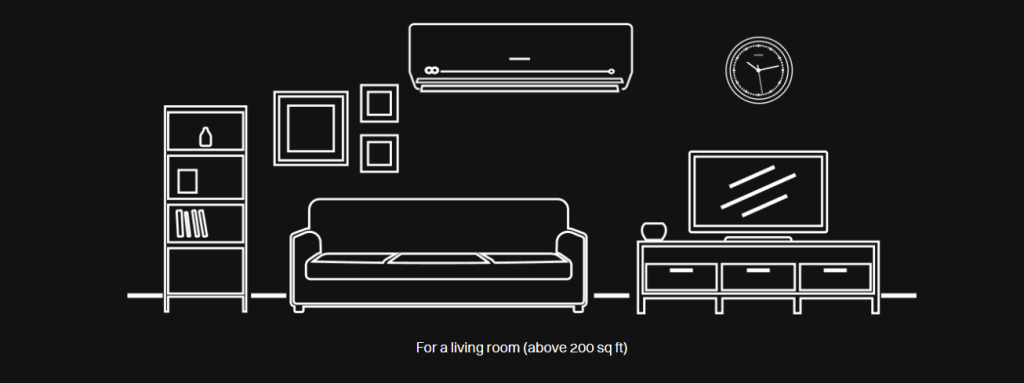
3. Should I choose a fixed-speed or variable-speed (inverter) air conditioner?
Variable-speed (inverter) air conditioners can adjust their power output in real-time to match the cooling demand, running at full capacity for quick cooling and then switching to low power to maintain the set temperature, thus stabilizing the temperature, reducing frequent on/off cycles, and lowering noise and energy consumption. They are suitable for most family homes. Fixed-speed air conditioners, on the other hand, can only operate at full power or be turned off, leading to larger temperature fluctuations, higher noise levels, and increased energy use when they frequently turn on and off. Fixed-speed air conditioners are more suitable for rental properties.
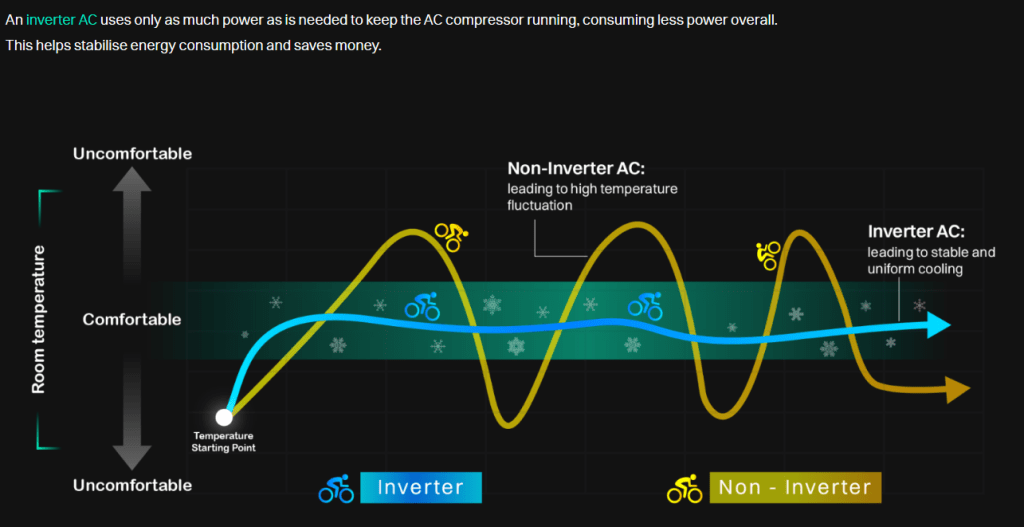
4. How do I evaluate the cooling efficiency of an air conditioner?
When selecting an air conditioner, the quality of the condenser is also a key consideration. As the critical heat exchange component of the outdoor unit, the more copper tubes the condenser has, the better the cooling efficiency typically is. In terms of copper tube arrangement, double-row condensers are superior to 1.6-row, which in turn are better than single-row. For specific situations, you can consult customer service for specific details.
5. Is self-cleaning a gimmick?
Actually, it’s not. Cleaning an air conditioner is typically difficult, especially after prolonged use, and it may develop unpleasant odors. Air conditioners with deodorization and purification features can effectively cleanse the indoor air, making it fresher.

6. What kind of air conditioner is comfortable to use?
Many families overlook the importance of installation location when choosing an air conditioner. Incorrect installation, such as direct airflow opposite a bed or sofa, can lead to health issues like colds for pregnant women and children, and increased risk of rheumatism or joint pain for the elderly. The correct approach is:
(1) Choose an air conditioner that produces a soft and uniform airflow at an appropriate temperature, which is gentle and comfortable both at close range and from a distance.
(2) Installation location is also crucial; avoid direct airflow onto people by installing the unit to the side or behind a sofa or bed.
(3) Comfortable dehumidification is indispensable. Air conditioners with dehumidification temperature compensation technology can effectively dehumidify while maintaining indoor temperature stability, preventing health issues due to large temperature differences.

7. What comfort features should I look for when choosing an air conditioner?
First and foremost, consider the noise level. High-quality air conditioners offer superior noise control, so opt for models with noise levels below 35 decibels. Next, smart connectivity is crucial. Choosing an air conditioner with smart Wi-Fi capability allows for remote control, enabling you to cool your home before you arrive. Additionally, selecting a model that supports OTA (Over-The-Air) updates ensures that your unit stays up-to-date with the latest features and performance enhancements.

8. Why do some air conditioners save energy while others consume more power?
The choice of the throttling element is also crucial. An electronic expansion valve can control the flow of refrigerant more precisely, allowing for more accurate temperature control and achieving more energy-efficient and cost-saving results.

9. High-efficiency air conditioners are more expensive, so are they worth the purchase?
The energy efficiency ratio (EER) is a measure of an air conditioner’s energy consumption versus its cooling and heating output. The higher the EER, the more energy-efficient the unit is. New tier one efficiency is better than tier one, which is better than tier two, and so on, with high level being more expensive. For personal use, it is recommended to choose new tier one efficient air conditioners as they are more energy-saving. For rental properties, tier two or three efficient air conditioners may be more cost-effective.

10. Why does the air feel stuffy and odoriferous with the air conditioner on?
The circulation airflow of the air conditioner is an important factor affecting indoor air quality. Choosing an air conditioner with an airflow greater than 800 m³/h can ensure fresh indoor air while maintaining low noise levels.

11.How do I choose the right air conditioner compressor?
The compressor is the heart of the air conditioner, and its displacement directly affects the cooling and heating efficiency. There are mainly two types of compressors on the market: rotary and scroll. Generally, rotary compressors are more suitable for air conditioners below 6 horsepower, with dual-rotor compressors performing better than single-rotor ones. For air conditioners above 6 horsepower, scroll compressors are a more suitable choice.

12. Why do some air conditioners tend to shut down in high-temperature weather?
During the summer’s high temperatures, the cooling capacity of the outdoor unit of an air conditioner can diminish, and the positioning of the outdoor unit on a building, due to poor heat dissipation and ventilation, can also affect cooling performance. Zero Technologies’s products excel in high-temperature cooling, maintaining stable cooling capabilities even in extreme weather conditions.
13. Installation tips for your air conditioner!
Quality installation is paramount. Ensure that the installation process includes a thorough vacuuming of the system, and that the vacuuming time is sufficient. For instance, a 1.5 horsepower unit should be vacuumed for 15 minutes, a 2 horsepower unit for 20 minutes, and a 3 horsepower unit for at least 30 minutes. Also, the closer the distance between the indoor and outdoor units, the better the cooling efficiency and the lower the installation cost. Finally, review the installation fee structure, as even with free installation offers, there may be additional costs for items like drainage pipes, electrical protection switches, outdoor unit covers, and high-altitude operation fees.
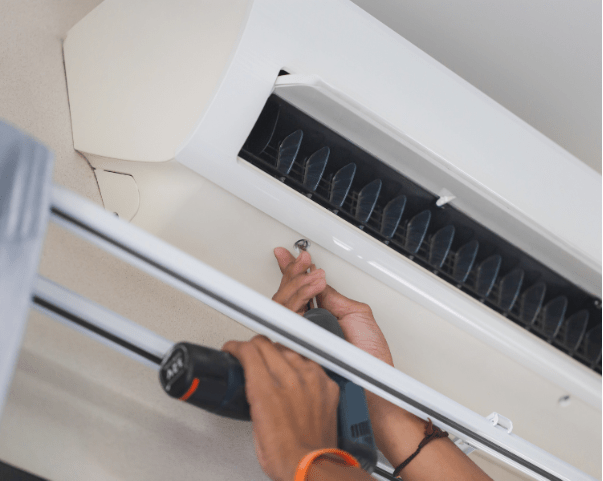
14. Always buy from reputable brands, and avoid no-name brands!
No-name brands lack after-sales service and guarantees, so keep this in mind. Well-known brands like Haier, Midea, and Gree are all professional air conditioner brands, and there are emerging high-quality brands like Zero Technologies that offer seven-star service and excellent after-sales support.



